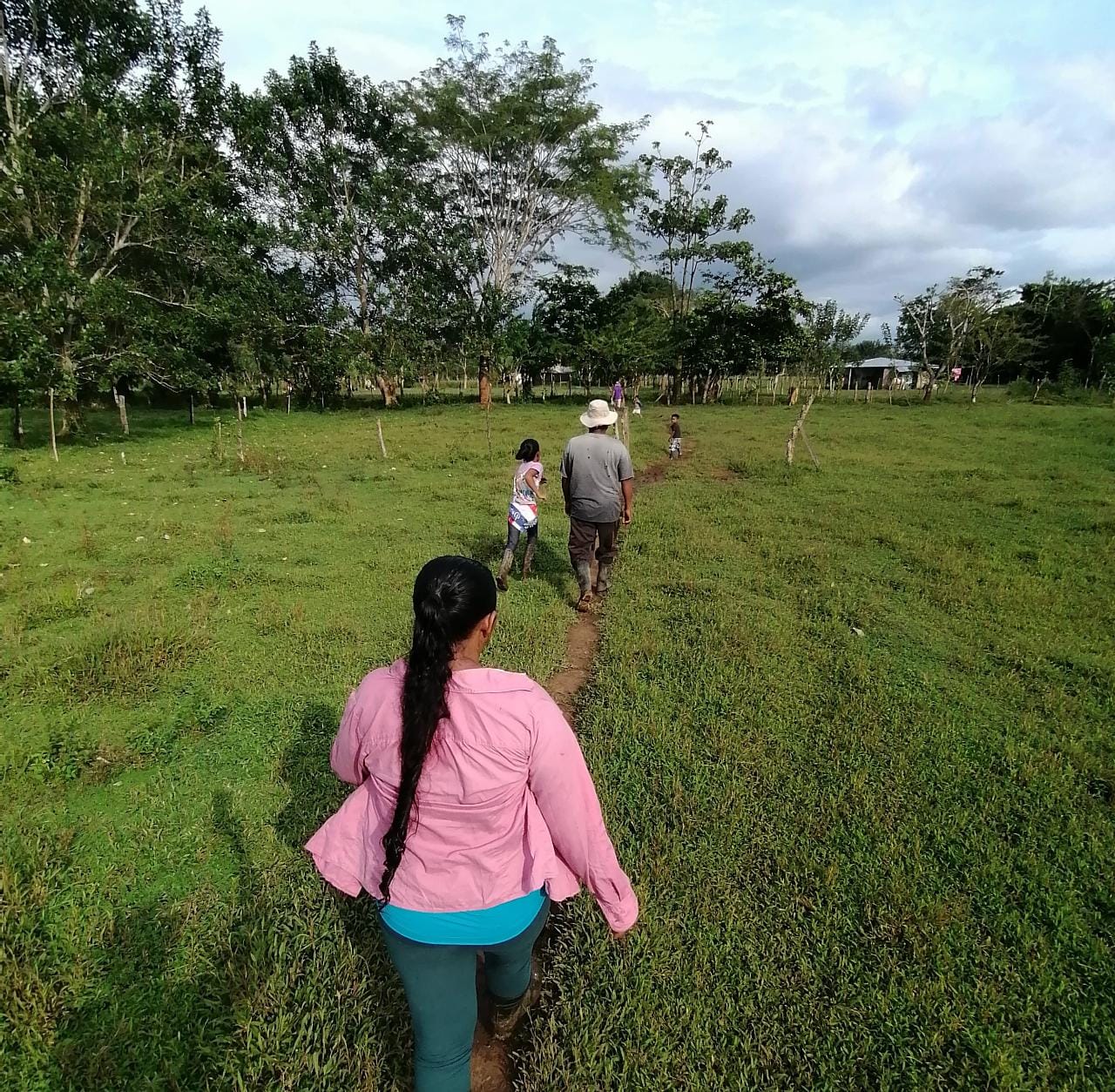
Snapshot
Entities sharing this good practice: Dirección General de Migración y Extranjería (DGME)
Submitted by: UNHCR Costa Rica
Key stakeholders: Registration Unit / UNHCR (QAI Program and UNHCR Registration Unit)
Visit their website: https://www.migracion.go.cr/SitePages/Inicio.aspx
In recent years, Costa Rica has experienced a significant increase in the number of asylum applications. In 2020, Costa Rica welcomed 121,983 persons of concern, of which 9,613 received refugee status while 89,770 are applicants awaiting decision on their asylum applications.
The increase in the number of asylum applications led to the adoption of different measures to strengthen the asylum procedure, including improvements in the registration process and in the issuance of provisional documentation to applicants.
The sanitary measures adopted in response to the Covid-19 pandemic in 2020 and the significant increase in demand for asylum applications in 2021 led to a considerable delay in the registration of application for international protection applications: for example, a person from Nicaragua could take 190 days to register their application in person at the Registration Unit.
This context urged the Costa Rican administration to design, together with UNHCR, and implement various strategies to, firstly, ensure that persons of concern who were not documented could quickly access registration and documentation and thus, secondly, can timely access vaccination against Covid-19. To this end, efforts were made to improve the service provided and optimize both human resources and the time available to achieve efficiency.
The revision of the registration procedure, including the registration form, allowed the design of workflows to facilitate the use of simplified process. The simplification of the registration procedure included the elimination of waiting times and excessive steps.
Additionally, the administration incorporated the effective date of the work permit in the ID issued during registration. This had an impact on the procedure as it eliminated the duplication of processes and resulted in alleviation for persons of interest as they don’t have to return to the Refugee Unit after three months to obtain the work permit.
This strategy was complemented by an increase in the workday (from a service from 07:00 to 15:00 to an extended service from 07:00 to 18:00) and an increase in registration and documentation staff. The results were evident: monthly attendance increased from 2,000 people to 7,700 people and the waiting time to access registration of applications and an identification document was reduced (from 190 days) to less than 75 days.
In addition, this good practice made it possible to guarantee the confidentiality of the process, as it made it possible to incorporate numbering into the registration forms and for applicants to be called based on said number, avoiding being called by their names.
Activities
- Improvement in the management of the influx of asylum-seekers in the Registration Unit facilities.
- Recruitment of more staff and extension of service hours. For instance, office hours were extended from seven and a half hours (7:30 a.m. to 3:00 p.m.) to ten and a half hours (7:30 a.m. to 6:00 p.m.).
- Adoption of the modality of identification numbers to summon people and guarantee their confidentiality.
- Change in provisional documentation.
Impact of good practice
- Currently, the registration process has gone from taking more than two and a half hours to taking 90 minutes.
- The administration managed to go from 200 first time registrations per day to 450 and to double the issuance of documents.
- The improvement in the efficiency of the process made it possible to meet the significant increase in demand, not only avoiding any type of queue, but also, on the contrary, reducing waiting times.
- Vulnerable cases identified by UNHCR through the proGres database or by referral could be referred to the Refugee Unit to achieve and ensure priority attention and prompt documentation.
Challenges
Doubling the staff assigned to the registration process requires a budgetary effort that will be difficult to sustain in 2022.
Impact of COVID-19
- The sanitary measures led to the adoption of a prior appointment mechanism to register an asylum application, through the number 1311 or the official site migracion.go.cr, for people who are already in national territory although some appointments had to be rescheduled.
- A new email address was created so that persons of concern could express their desire to advance their appointment: [email protected]
- As a result of the pandemic, the validity of the temporary refugee applicant cards and temporary work permit cards was automatically extended until January 11, 2021.
- The extension of the service hours allowed the processing of cases of twice as many persons of concern.
- The increase in capacity and in services provided requires anticipating an increase in the calculated inputs.

Recent Comments